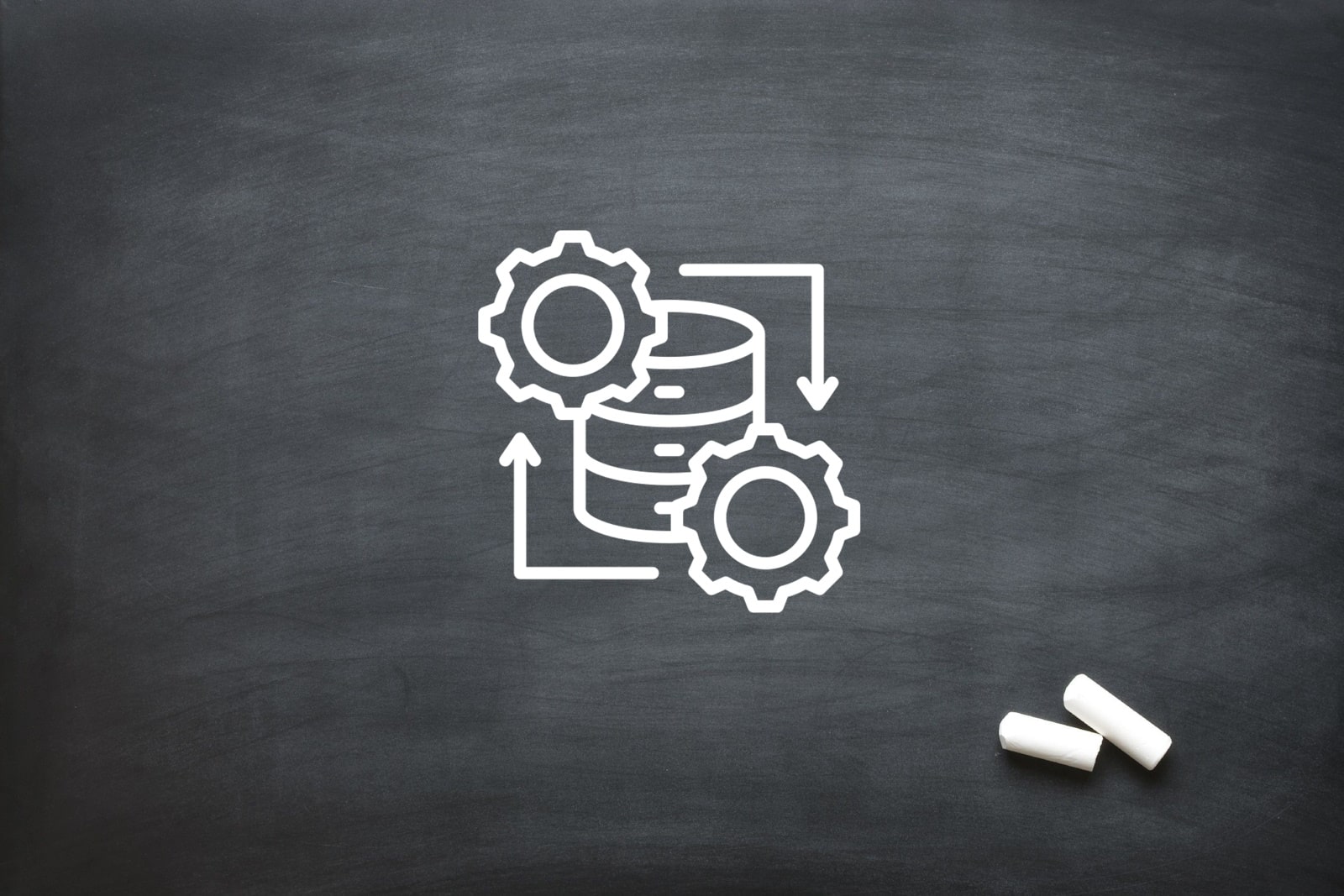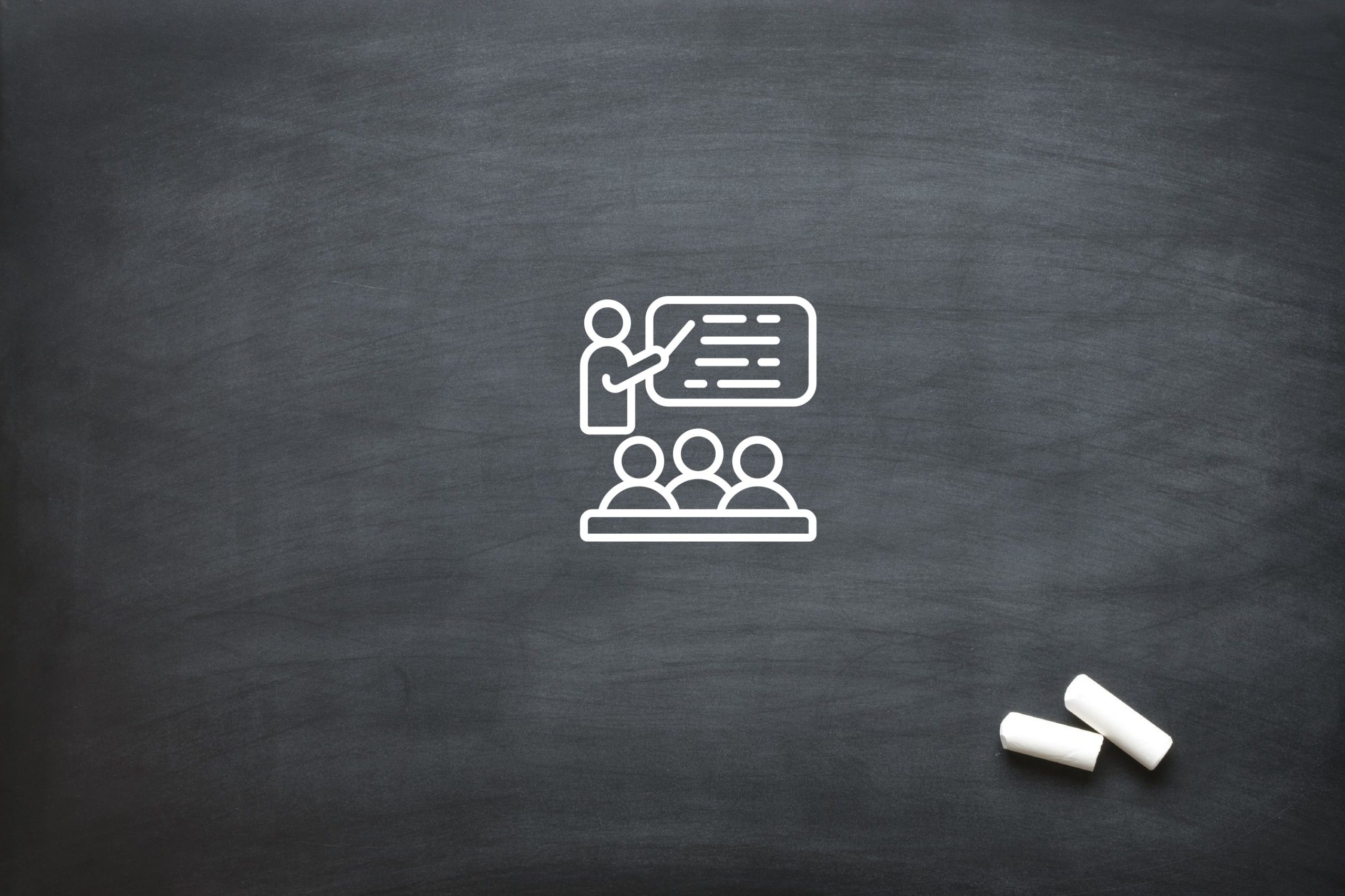
LMS–HRIS Integration for LMS in South Africa
Enterprises across South Africa are embracing digital transformation to streamline human capital management, and one of the most effective shifts is the integration between Human Resource Information Systems (HRIS) and learning management systems. These integrations are reshaping how companies manage training, compliance, onboarding, and employee development. As the demand for real-time data, regulatory alignment, and automation increases, businesses are seeking solutions that not only track employee progress but also tie training outcomes directly to HR functions. Learning management systems in South Africa are uniquely positioned to meet this challenge when fully synchronised with HRIS platforms.
System Compatibility
For learning management systems in South Africa to deliver value in enterprise environments, seamless compatibility with existing HRIS platforms is essential. Most local businesses use a combination of modern and legacy HR systems that must integrate smoothly with learning platforms. A successful integration requires more than basic data sharing—it involves real-time API connectivity or middleware that aligns organisational structures, reporting lines, and employee hierarchies. This ensures the LMS can dynamically reflect any HRIS updates, from role changes to departmental shifts, without duplication or delay.
System compatibility reduces IT overhead while enhancing the reliability of training assignments. Whether onboarding a new employee or promoting someone into a leadership role, the LMS must respond to changes automatically. A highly compatible system ensures the right training content is assigned at the right time, improving compliance and staff readiness. As adoption of learning management systems in South Africa grows, forward-thinking enterprises are prioritising integration readiness as a key factor in platform selection.
Automated Training Records
Integrating an LMS with HRIS creates a centralised source of truth for employee training and certification records. This reduces administrative workloads and simplifies audits. Instead of tracking training progress manually or across multiple spreadsheets, all training history—including course completions, certifications, expiry dates, and compliance statuses—is automatically recorded in the HRIS. This seamless flow of information enhances regulatory compliance and reduces the risk of non-compliance penalties.
For industries subject to frequent audits, such as mining, finance, or healthcare, automated training records are particularly valuable. Learning management systems in South Africa that support this level of integration can provide businesses with real-time insights into compliance gaps and renewal needs. This not only strengthens internal governance but also improves employee accountability and visibility for management and compliance officers.
User Management Synchronisation
A key benefit of LMS–HRIS integration is the automatic synchronisation of employee data. As HR teams onboard, promote, or restructure teams, those updates are reflected instantly in the LMS. This includes job roles, reporting structures, department allocation, and location data. In practice, this enables training to be assigned based on live job functions and business needs. Learning management systems in South Africa are increasingly incorporating advanced role-based logic to ensure learners receive relevant training without manual intervention.
Synchronisation also supports consistency in access control. User credentials, permissions, and progress history remain intact, even as employees change roles. With single sign-on functionality, users experience a seamless transition between HR and learning systems, boosting participation rates and simplifying IT management. Enterprises benefit from having accurate, up-to-date user data in both systems without duplication or manual error.
Performance and Skills Tracking
When LMS and HRIS systems are fully integrated, training outcomes can be tied directly to employee performance and skills development. Learning management systems in South Africa are advancing beyond course delivery to support strategic workforce development. As learners complete training modules, earn certifications, or develop new competencies, this information feeds into performance management tools within the HRIS. Managers can then evaluate not just what training was done, but how it impacted employee growth and business objectives.
This data-driven approach supports smarter performance reviews and succession planning. By aligning training metrics with performance KPIs, organisations can identify high-potential employees, track skill acquisition, and close knowledge gaps across departments. Integration empowers HR and learning teams to create holistic development plans that are measurable, adaptable, and aligned to strategic goals.
Data Security and Privacy
With the Protection of Personal Information Act (POPIA) in effect, data security is a non-negotiable aspect of HR and training system integration. Enterprises must ensure that any data transferred between LMS and HRIS platforms is encrypted, access-controlled, and auditable. Centralising sensitive employee data across systems without proper safeguards introduces significant risks, including data breaches and non-compliance with privacy laws.
Learning management systems in South Africa that prioritise security implement robust protocols for authentication, audit trails, and user permissions. Integrated environments reduce the need for manual exports or unsecured email communication of employee data. Instead, secure APIs and encrypted connections maintain the integrity of sensitive information, enabling organisations to maintain compliance while delivering effective learning programmes.
Cost and ROI Analysis
Integrating HRIS and LMS systems brings significant financial advantages. Enterprises can save both time and money by eliminating redundant administrative tasks, reducing training delivery costs, and accelerating employee onboarding. South Africa’s LMS market, valued at approximately USD 85 million in 2024, is expected to nearly quadruple by 2030, driven largely by enterprise demand for scalable, ROI-positive solutions. This growth reflects a broader trend of companies investing in smarter learning ecosystems.
Cost-saving metrics include faster time-to-productivity, fewer compliance penalties, and improved employee retention. Learning management systems in South Africa, when integrated effectively, offer high returns through measurable productivity gains and reduced operational overhead. ROI can be further enhanced through continuous reporting and performance alignment, giving HR leaders actionable data to improve programme effectiveness over time.
Custom Integration vs Plug-and-Play
Enterprises typically face two integration options: custom connectors or plug-and-play solutions. Custom integrations are ideal for businesses with unique workflows or legacy HRIS systems. These setups allow deep customisation and feature mapping but require longer development time, higher costs, and ongoing support. In contrast, plug-and-play integrations offer quicker implementation and are often supported directly by the LMS provider, making them more practical for companies with standard HR infrastructures.
Learning management systems in South Africa must accommodate both approaches to meet varied enterprise needs. Businesses should assess their internal IT capabilities, timeline, and regulatory demands when selecting an integration method. The right choice ensures sustainable performance, lower maintenance, and greater alignment between training outcomes and business goals.
Employee Onboarding Automation
One of the most immediate benefits of LMS–HRIS integration is the automation of onboarding workflows. As soon as an employee is added to the HRIS, the LMS automatically assigns them orientation content, compliance courses, and department-specific training modules. This process ensures that every new hire receives a consistent, structured learning experience from day one.
For businesses using learning management systems in South Africa, onboarding automation significantly reduces manual effort and shortens the time required to bring employees up to speed. It also provides HR teams with data on learner progress and completion rates, allowing interventions where necessary. The result is a more engaged, informed workforce and a smoother transition into the organisation.
Regulatory Compliance Reporting
Regulatory compliance is a critical component of enterprise HR. Integrated systems simplify this process by consolidating training records, attendance data, and certification statuses into a single platform. HR teams can generate reports for SETAs, the Department of Labour, or internal audits with minimal effort. Real-time dashboards provide visibility into compliance gaps and allow corrective action before regulatory deadlines.
Learning management systems in South Africa are increasingly being designed with compliance in mind. Through integration, enterprises can meet both local and international standards with less administrative burden. Automated alerts, expiration tracking, and renewal scheduling ensure ongoing compliance without disruption.
Change Management and Training for HR & L&D Teams
Technology alone doesn’t guarantee success. For integration to work, HR and L&D teams must be equipped with the knowledge, tools, and support to manage new systems. Change management plays a crucial role in adoption. This includes stakeholder engagement, phased rollouts, and hands-on training for those administering and analysing data from both platforms.
When learning management systems in South Africa are rolled out with a strong change management framework, adoption rates improve, data quality increases, and the organisation realises value faster. Equipping HR and L&D teams with continuous learning and support helps ensure that integrated systems are used to their full potential.
At Oliver Karstel Creative Agency, we specialise in building digital ecosystems that deliver long-term value. Whether you’re exploring system integration for the first time or need help refining your existing setup, contact us today to see how we can support your organisation’s transformation.






